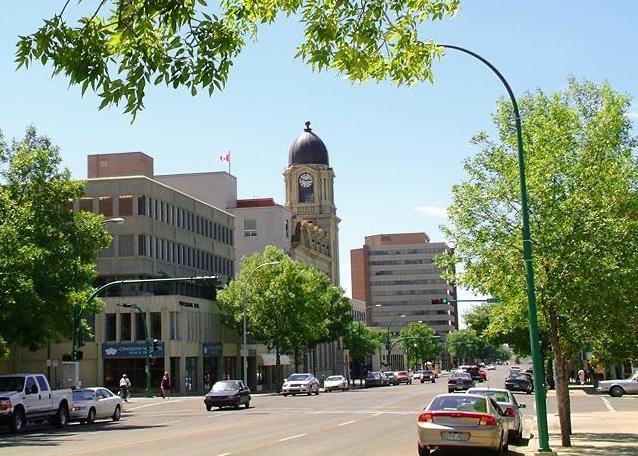Lethbridge, which was ranked among Western Investor’s top destinations for real estate investors in 2021, is posting Alberta’s highest annual increase in residential real estate sales and prices. The annual ranking of the "top five towns" was published in November 2020.
The city’s commercial and industrial property sector, while feeling the pandemic sting, is also punching above its weight, according to Avison Young, the international real estate agency that has an office in the southern Alberta city.
In 2020, Lethbridge and region posted a 15 per cent increase in housing units sold compared to a year earlier, the highest increase in more than 10 years, according to Re/Max Lethbridge. Second-place Edmonton reported a 1.5 per cent sales increase.
Lethbridge also led the province in year-over-year average home price increases, with a hike of 13.3 per cent to $299,300, as of December 2020, according to the Canadian Real Estate Association. .
Ranked as Alberta’s fifth-biggest city with an estimated 128,851 residents in 2020, Lethbridge’s population increased by 1.5 per cent from a year earlier, based on Statistics Canada data, matching the level in both Calgary and Edmonton.
With a diversified economy anchored on agriculture production – food giant Cargill is a major employer – Lethbridge saw its industrial vacancy rate fall to 7.1 per cent in 2020, down from 8.2 per cent a year earlier, Avison Young reports. The industrial space could tighten further in 2021, the agency suggests, “due to demand from national tenants.”
In 2019, the City of Lethbridge raised the benchmark pricing on about 300 acres of industrial land it owns, which now range from $230,000 to $290,000 per acre.
The office market, as in most cities, has seen the vacancy rate spike, rising to 15 per cent downtown, up from 11 per cent pre-pandemic. The vacancy rate remains below that in either of Alberta’s two biggest cities. The office sector is platformed by educational and health sectors that make up 20 per cent of the city’s economy. This includes Lethbridge College, the University of Lethbridge, the Chinook Regional Hospital, and the St. Michael’s Health Centre.
The retail vacancy rate is around 5 per cent, which is considered relatively healthy, and little change is expected until the pandemic threat eases.
Avison Young contends that Lethbridge is flying under the radar of large investors. The three biggest commercial real estate sales in 2020 – totalling $25 million and with capitalization rates from 7.1 per cent to 8.1 per cent – were all purchased by local investors.
Two Lethbridge retail centres, owned by a national real estate investment trust, have been on the market for weeks.
“The lack of interest in these assets from investors outside of Lethbridge could present great opportunities for local buyers in 2021,” the agency suggested.



